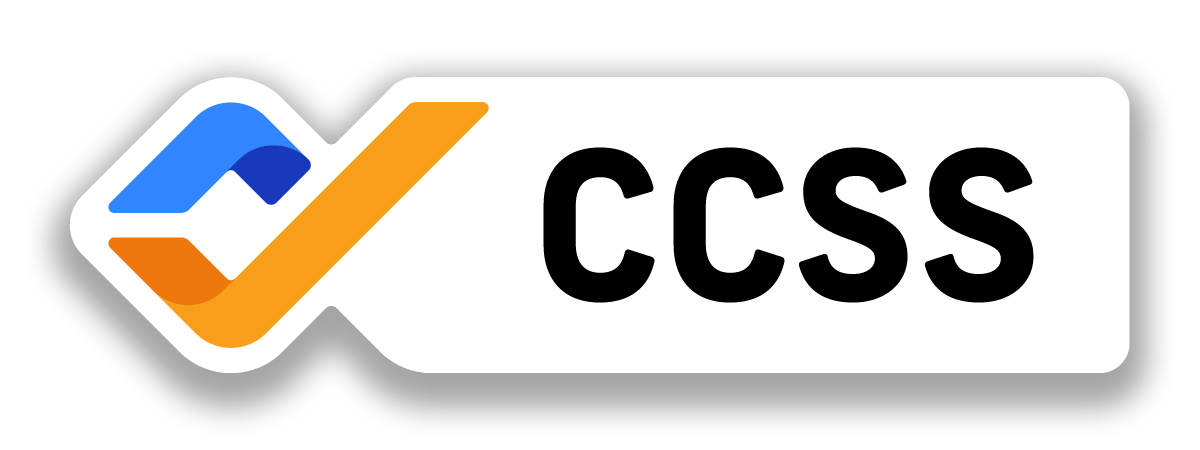
How is the Price of Bitcoin Determined?
The Economic Dynamics of Bitcoin’s Supply and Demand
The price of Bitcoin, like that of other cryptocurrencies, is determined by supply and demand in the market.
This means that its value fluctuates based on how many people want to buy Bitcoin versus how many are willing to sell it. Central to this is Bitcoin's supply cap of 21 million bitcoin. This finite supply plays a pivotal role in its long-term value proposition, as the dwindling new supply amid increasing demand can lead to price appreciation over time.
Using, holding, and being paid in Bitcoin are all activities that directly contribute to its demand and, consequently, its price fluctuations.
When individuals choose to use Bitcoin for transactions, it increases its utility and demand, as more people are recognizing its value as a medium of exchange. Basically it’s about embracing a financial system that's reshaping how we view value itself.
The essence of Bitcoin lies in its use. With each transaction, we're not just transferring value; we're pursuing a future where money moves freely and securely. Holding Bitcoin—often referred to as "HODLing" in the crypto community — isn't merely an investment strategy; it's a statement of confidence in Bitcoin’s revolutionary properties. When you're paid in Bitcoin, exchange fiat for bitcoin, or store bitcoin, you're part of a growing community that sees it as more than currency; it's a new standard for financial independence.
The underlying technology of Bitcoin, blockchain technology, is a decentralized ledger that records all transactions across a network of computers. This technology matters because it offers a level of security and transparency that traditional financial systems just can’t match.
Bitcoin is a world apart from conventional fiat currencies, untouched by government decree. Here, we're all participants in shaping the future of finance.
Bitcoin's journey toward becoming a universally accepted currency is far from complete. It faces challenges in scaling to meet global market demands, enhancing user interface designs for easier access, and developing privacy tools to protect users' financial privacy. Overcoming these hurdles is not just about technological advancements but also about fostering a culture of education. Sharing knowledge and educating both our peers and the next generation are crucial steps in ensuring the success of Bitcoin.
This is why our mission at C4 is not to speculate about price, but to educate about this revolutionary technology. We’re working to demystify Bitcoin, to peel back the layers of jargon and reveal the profound impact that finance with no borders promises.
For those interested in diving deeper into the world of Bitcoin and its underlying technology, the CryptoCurrency Certification Consortium (C4) offers resources, certifications, and security standards, to help individuals gain a comprehensive understanding of cryptocurrencies, blockchain technology, and their implications for the future of finance and beyond.
Join us and learn more with C4.
You can take our course about Bitcoin right now: https://cryptoconsortium.thinkific.com/courses/CBP-course
Disclaimer
The information presented in this article is for educational and informational purposes only. It does not constitute financial advice, investment recommendations, or any form of endorsement.
The views and opinions expressed by individuals in this article are solely those of the speakers and do not necessarily represent those of C4 or any other organizations with which they are affiliated.
The mention or inclusion of any individuals, companies, or specific cryptocurrency projects in this video should not be considered as an endorsement or promotion.
Regulations and legal frameworks around cryptocurrencies may vary in different jurisdictions. It is your responsibility to comply with the applicable laws and regulations of your country or region.
